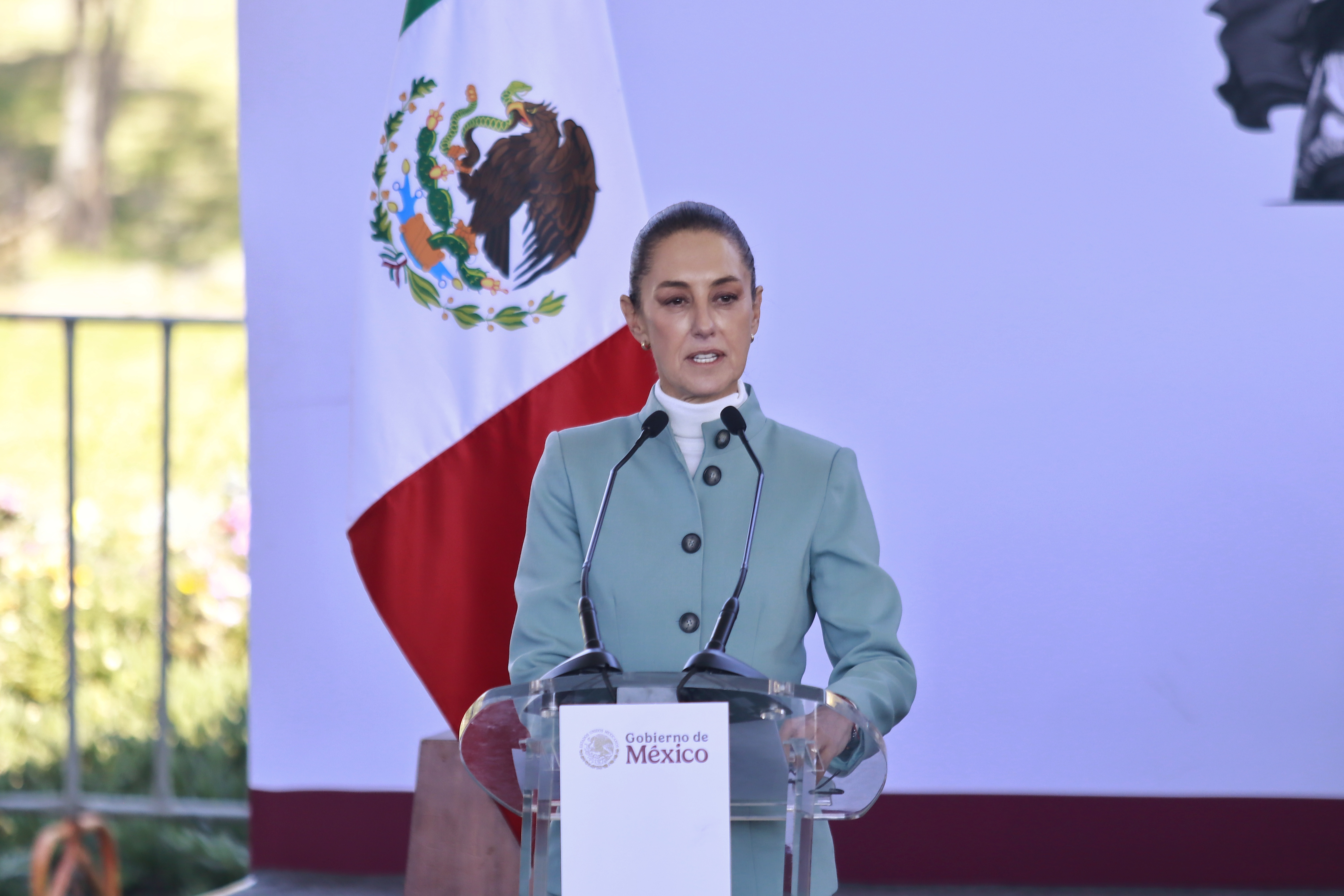
Canadian Prime Minister Justin Trudeau said Saturday he had an “excellent conversation” with Donald Trump at his Mar-a-Lago club after the president-elect's threat to impose significant tariffs on two of America’s leading trade partners raised alarms in Ottawa and Mexico City.
It was unclear, as Trudeau headed back to Canada from Florida, whether the conversation had alleviated Trump’s concerns.
WATCH ANYTIME FOR FREE
>Stream NBC10 Boston news for free, 24/7, wherever you are. |
A person familiar with the details of the leaders' hastily arranged meeting Friday night said it was a “positive wide-ranging dinner that lasted three hours.” The official, who was not authorized to discuss the matter publicly and spoke to The Associated Press on condition of anonymity, said topics included trade, border security, fentanyl, defense, Ukraine, NATO, China, the Mideast and pipelines, as well as the Group of Seven meeting in Canada next year.
The Republican president-elect has threatened to impose tariffs on products from Canada and Mexico if the countries don’t stop what he called the flow of drugs and migrants across their borders. He said he would impose a 25% tax on all products entering the U.S. from Canada and Mexico as one of his first executive orders when he takes office in January.
Get updates on what's happening in Boston to your inbox. Sign up for our >News Headlines newsletter.
As he was leaving his West Palm Beach hotel, Trudeau stopped briefly to answer a reporter’s question about the dinner meeting, saying it was "an excellent conversation." Trump’s transition team did not respond to questions about what the leaders had discussed.
Trump, during his first term as president, once called Trudeau “weak” and “dishonest,” but it was the prime minister who was the first G7 leader to visit Trump since the Nov. 5 election.
"Tariffs are a crucial issue for Canada and a bold move was in order. Perhaps it was a risk, but a risk worth taking,” Daniel Béland, a political science professor at McGill University in Montreal.
Among those at the dinner were Howard Lutnick, Trump's pick for commerce secretary; North Dakota Gov. Doug Burgum, in line to lead the Interior Department; and Mike Waltz, Trump's choice to be his national security adviser. Accompanying Trudeau were Canada's public safety minister, Dominic LeBlanc, whose responsibilities include border security, and Katie Telford, Trudeau's chief of staff.
Trudeau had said earlier Friday that he would resolve the tariffs issue by talking to Trump. Mexican President Claudia Sheinbaum said a day earlier after speaking with Trump that she is confident a tariff war with the United States will be averted.
Trudeau said Trump got elected because he promised to bring down the cost of groceries but now he's talking about adding 25% to the cost of all kinds of products including potatoes from Prince Edward Island in Atlantic Canada.
“It is important to understand that Donald Trump, when he makes statements like that, he plans on carrying them out. There’s no question about it,” Trudeau said before his leaving for Florida.
“Our responsibility is to point out that he would not just be harming Canadians, who work so well with the United States, but he would actually be raising prices for American citizens as well and hurting American industry and business,” he added.
To Nelson Wiseman, professor emeritus at the University of Toronto, Trump "doesn’t need convincing that new tariffs on Canadian products would not be in U.S. interests. He knows that, but cannot say it because it would detract from what he has said publicly. His goal is to project the image that he gets action when he talks.”
Those tariffs could essentially blow up the North American trade pact that Trump’s team negotiated during his first term. Trudeau noted they were able to successfully renegotiate the deal, which he calls a “win win” for both countries.
Trump made the tariff threat Monday while citing an influx of migrants entering the country illegally, even though the numbers at the Canadian border pale in comparison to those at the U.S.-Mexico border.
Trump also spoke about fentanyl from Mexico and Canada, even though seizures from the Canadian border are few in comparison to the Mexican border.
Canadian officials say lumping Canada in with Mexico is unfair but say they are ready to make new investments in border security.
When Trump imposed higher tariffs during his first term in office, other countries responded with retaliatory tariffs of their own. Canada, for instance, announced billions of new duties in 2018 against the U.S. in response to new taxes on Canadian steel and aluminum.
Canada is the top export destination for 36 U.S. states. Nearly $3.6 billion Canadian (US $2.7 billion) worth of goods and services cross the border each day.



